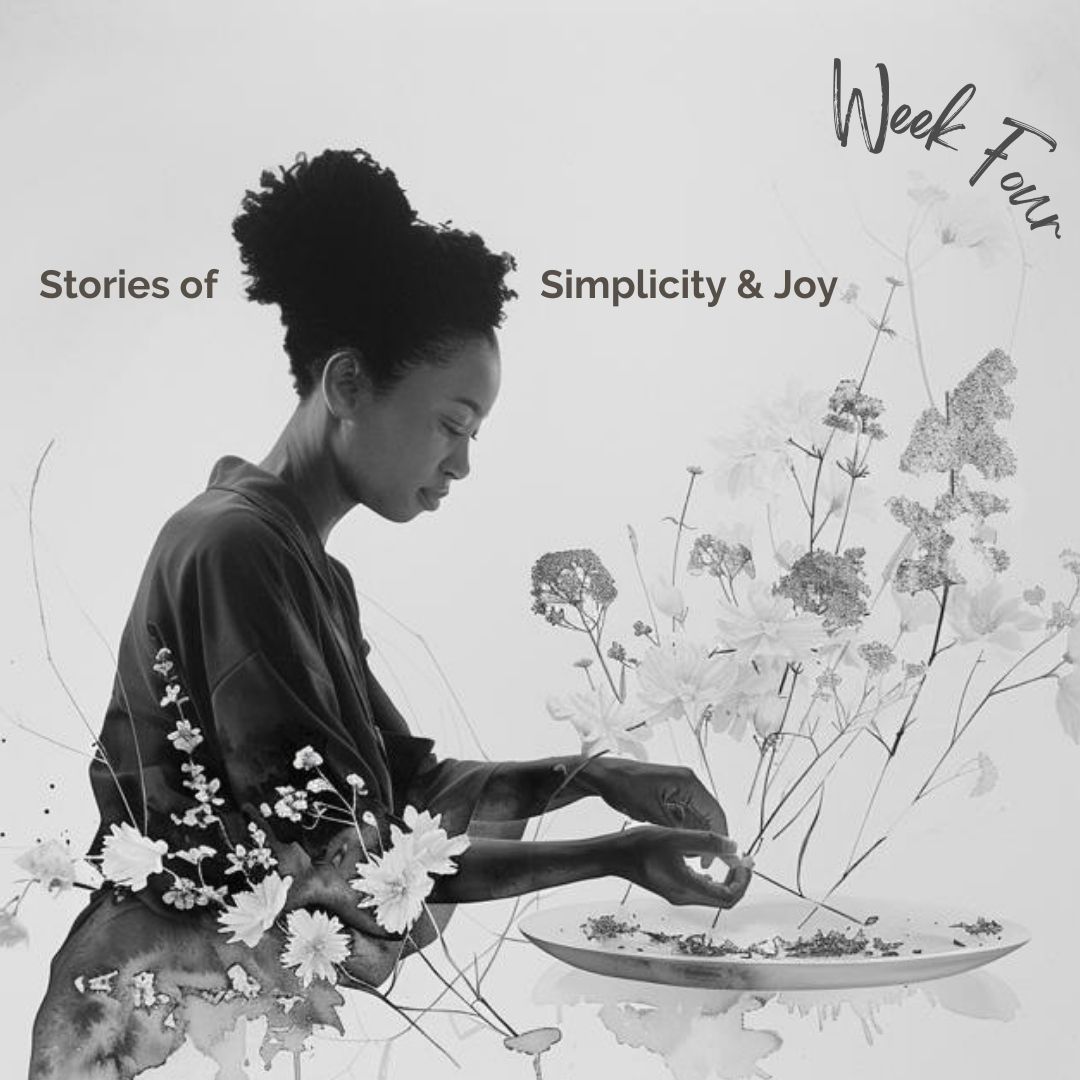The Widow of Zarephath
was down to her last meal when the prophet showed up hungry. There was a drought and famine in the land, and Elijah was without food and water. That was when the word of the Lord came, “Go at once to Zarephath. . . . I have directed a widow there to supply you with food” (1 Kings 17:7-16).
This is not a good bet. Something like, “Go at once to the slums . . . I have directed a homeless person to supply you with food.”
Arriving at the city gate, Elijah finds a widow out picking up sticks. When the prophet explains that God has sent him to her for a meal, she doubts it. She is gathering enough sticks for one last fire. She has enough meal and enough oil, she says, to make something for her son and herself “—that we may eat it and die.”
But wait, it gets even better. Instead of saying, Well, ok—you’re worse off than I am—forget my request, Elijah says, Feed me first, and then the Lord’s promise is that you and your son will have a never-ending supply of food. She did it, and “the jar of flour was not used up, and the jug of oil did not run dry.” It was enough to sustain the widow, the boy, and Elijah until the rain came.
I love this story of simplicity because, like all the great truths, it seems crazy to our “normal” sensibilities. If someone is destitute, why would God send them for help to another destitute person? And if you’re that widow, why wouldn’t you just tell Elijah you’ve done the math and—sorry—it just doesn’t work? The story is trying to tell us something about the leap of faith, about how the best gifts come from our poverty—not our wealth, and, finally, about how simplicity draws us into community, where whatever we have—shared—is enough.
COMPANIONS ON THE WAY
Introduction
Stories of Turning
Week One
Stories of Wild Places
Week Two
Stories of Dogged Faith
Week Three
Stories of Mercy & Forgiveness
Week Four
Stories of Simplicity & Joy
Week Five
Stories of Prayer & Surrender
Week Six
Stories of Transforming Love

If you haven’t yet done so, read “The Heaven and Earth Grocery Store”, a beautiful illustration of this lesson.
I’ve seen that book and talked to a few who’ve read it—thanks for the tip!